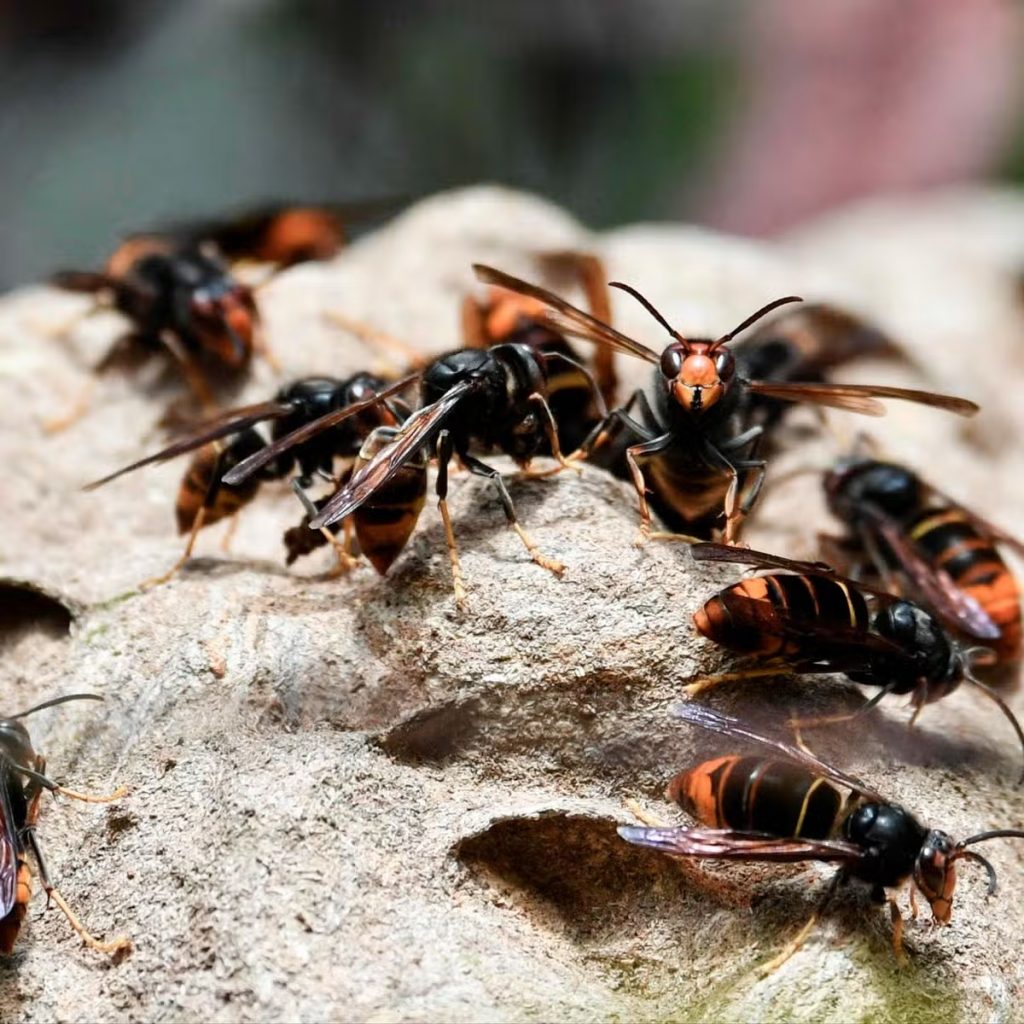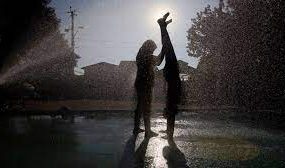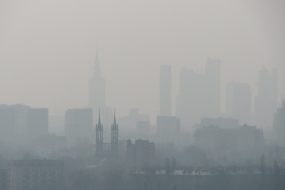Honeybees are buzzing with more than just pollen these days – they’re facing a brutal new threat: the Asian hornet. These killer wasps can devour a staggering 50 bees a day, putting a major sting on already struggling pollinator populations.
The UK, for instance, saw a record-breaking swarm of Asian hornets last year, sending shivers down the spines of beekeepers and experts alike. The UK’s top plant health official is urging everyone to become citizen scientists, reporting any sightings of these distinctive hornets, easily identified by their dark bodies and bright orange stripes.
But the Asian hornet isn’t the only buzzkill for bees. Climate change is also playing a nasty role. Rising temperatures are disrupting bee foraging patterns and even harming their development. Extreme weather events like floods and droughts can devastate beehives and leave them with dwindling food sources.
This is on top of existing threats like habitat loss from development and the overuse of pesticides. The result? Bee populations are plummeting worldwide. This is a major concern, as bees are essential for a healthy ecosystem, pollinating the crops and wildflowers that provide us with food and support a thriving planet.
Beyond the Buzzing Menace
The Asian hornet is just one example of an invasive species threatening our native bees. Noxious plants like Japanese knotweed crowd out bee-friendly flowers, while giant hogweed, with its toxic sap, discourages people from visiting areas with beehives.
Conservation groups are calling for a massive boost in funding for biosecurity measures to prevent the spread of these invasive species.

But There’s Still Hope!
The situation may seem dire, but there are ways we can help bees weather the storm:
- Plant bee-friendly flowers in your garden.
- Ditch the pesticides and embrace natural yard care.
- Support local beekeepers.
- Stay informed about invasive species and report any sightings to the authorities.
By taking action, we can help bees thrive despite climate change and invasive threats. Remember, a healthy bee population is essential for a healthy planet, and it’s our responsibility to bee the change they need!

Let’s work together to protect these vital pollinators!














